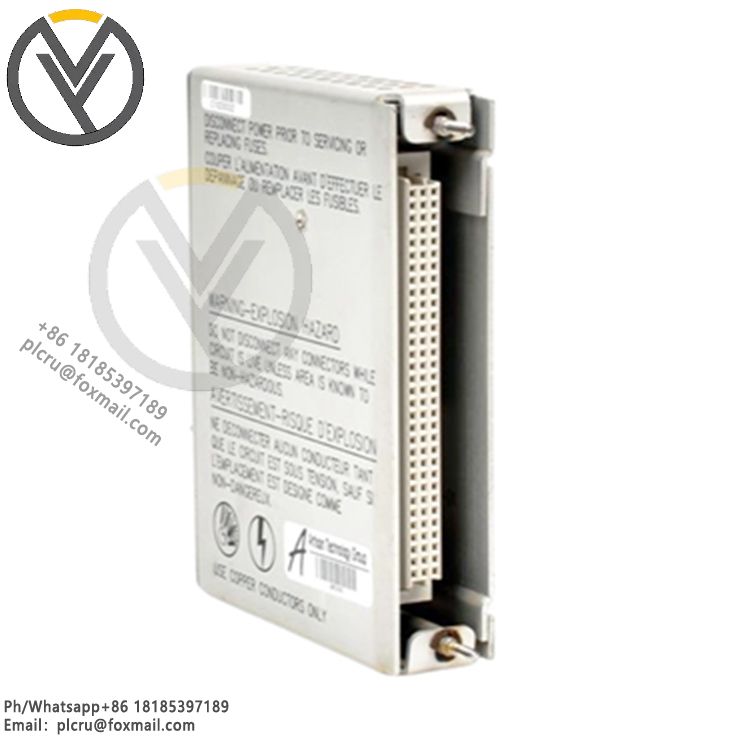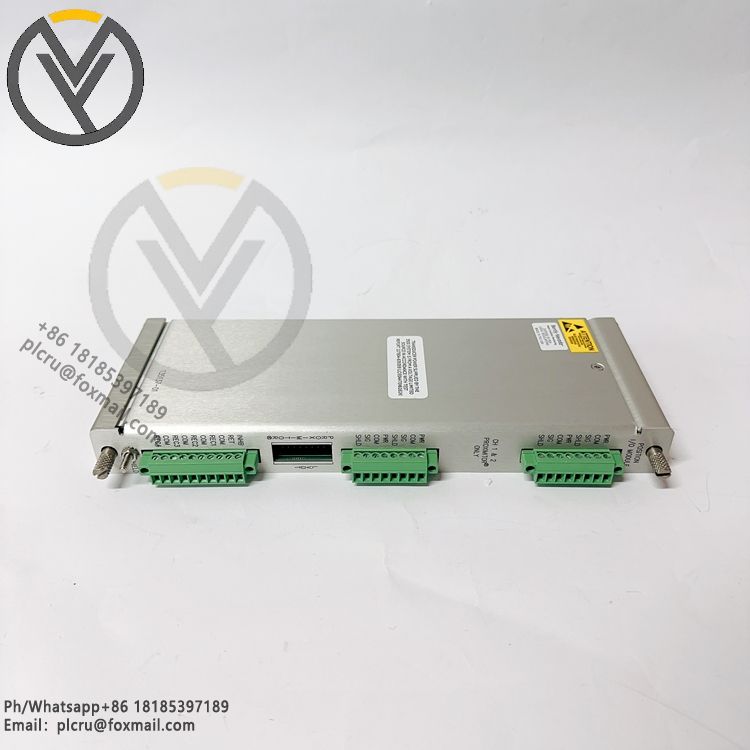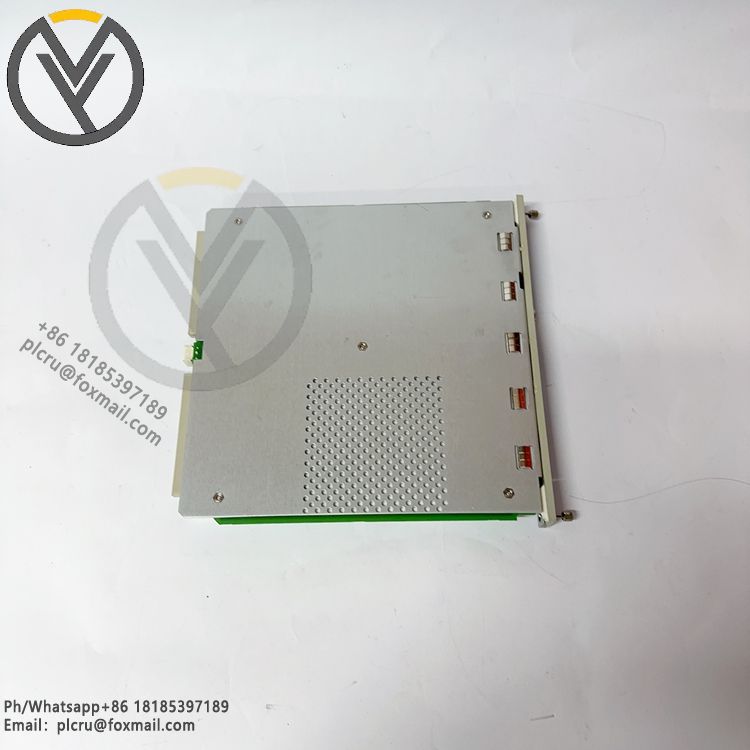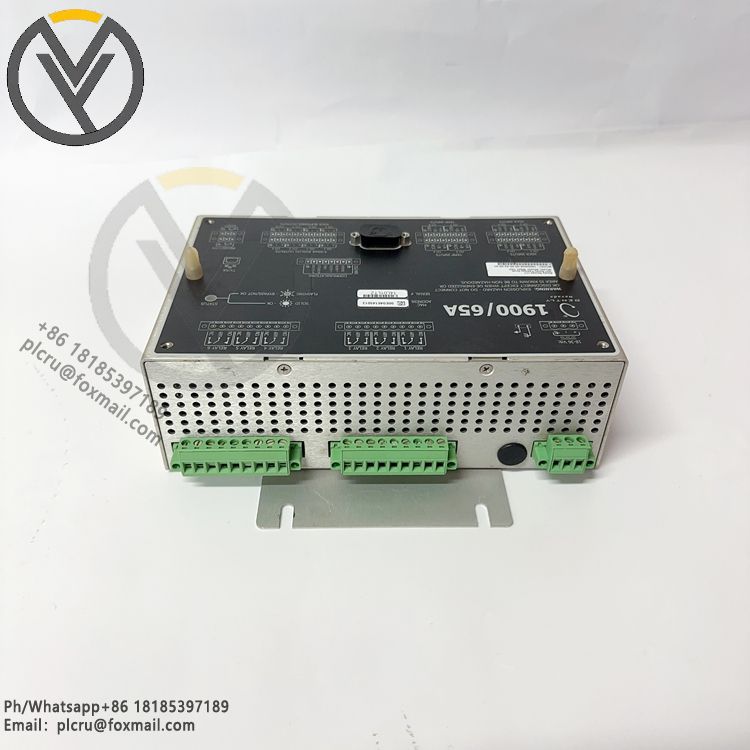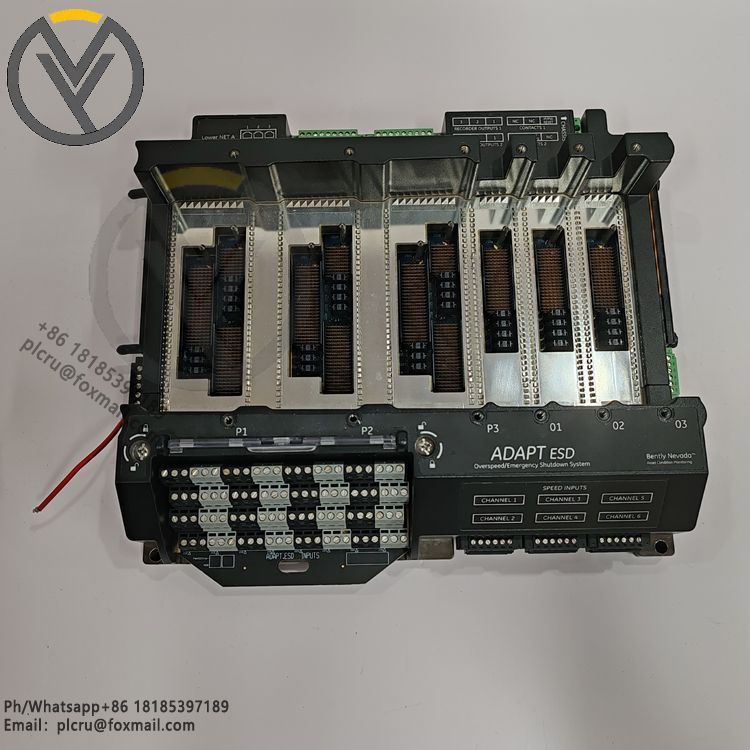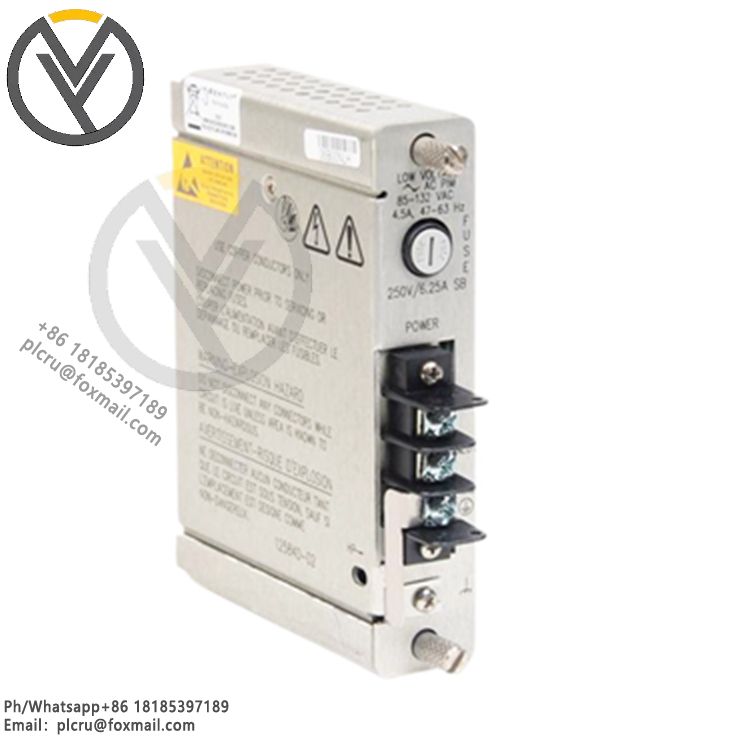
Bently Nevada 21000-28-05-15-028-04-02 Proximity Probe
Delivery time 3 days
Product origin New/used
Email plcru@foxmail.com
Mobile/wechat /WhatsApp +86 18185397189
Probe structure:The shell is made of stainless steel, which is highly corrosion-
Probe structure:
The shell is made of stainless steel, which is highly corrosion-resistant and suitable for harsh industrial environments;
The probe tip is made of high-frequency insulating material to ensure stable emission of the electromagnetic field.
System matching: It needs to be used with Bentley 3300 series preamplifier (such as model 330102), which amplifies the probe signal and converts it into a standard output (such as 4-20mA or voltage signal) and connects to the monitoring system (such as Bentley 3500 series rack).
Installation requirements:
The initial installation gap between the probe and the shaft surface needs to be adjusted according to the manual (usually 1.0 - 1.5mm) to ensure that it is in the linear measurement range;
The support adapter needs to be firmly installed to prevent the probe from loosening during vibration and affecting the measurement accuracy.

Application scenarios
Widely applicable to the condition monitoring of large rotating machinery and equipment, including:
Power industry: steam turbines, generators, fans;
Petrochemical/Chemical industry: compressors, pumps, turbines;
Metallurgical industry: rolling mill spindles, large motors, etc.
By real-time monitoring of shaft vibration and displacement, equipment imbalance, misalignment, bearing wear and other faults can be discovered in advance, unplanned downtime can be avoided, and equipment reliability can be improved.
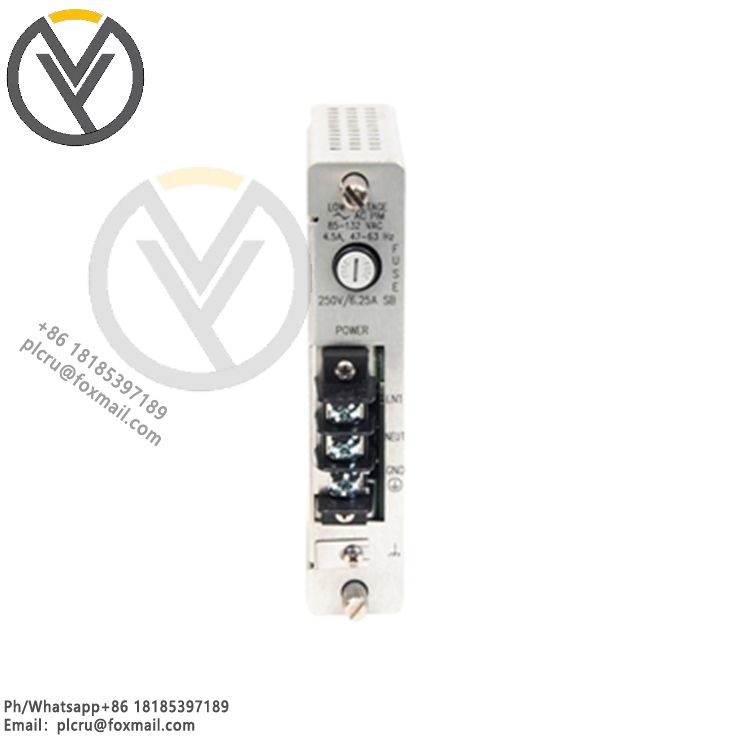
Summary
Bentley 21000-28-05-15-012-04-02 proximity probe is the core component of industrial rotating machinery monitoring. It provides key data support for equipment health management through precise eddy current measurement technology. Each parameter in its model code corresponds to specific hardware configuration and application scenarios. During installation, it needs to be debugged in combination with equipment requirements and manual specifications.
